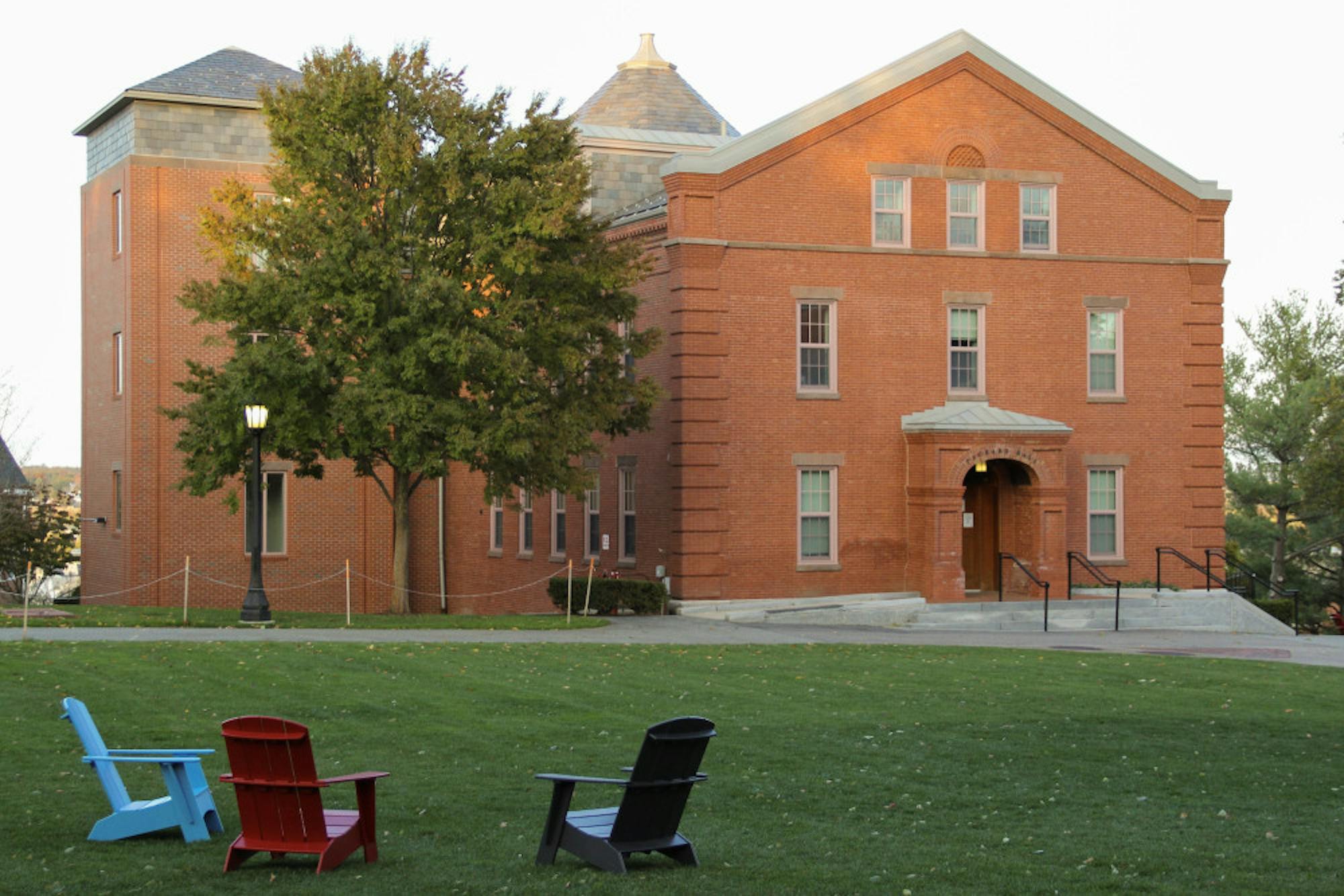The Department of Political Science has formed a student advisory committee to discuss ways in which the department can become more inclusive and has welcomed student input.
Department Chair Deborah Schildkraut explained that this initiative started because of discussions happening among students.
"It was largely started at first with an advisee of mine that I know was very interested in these sorts of things, and she confirmed to me that students are having some of these conversations already without us," Schildkraut said.
Ahead of receiving student input, the department identified several internal issues to improve on, including hiring and course design.
"The goals are for us to talk with our majors about some of the discussions we've been having since the summer, and to hear from them about some of their thoughts about what they envision and what they hope for our department to be," Schildkraut said.
The committee's findings will be shared with the department as part of an ongoing process.
"[The advisory committee will] summarize what we heard [from students], and I'll be able to present that information to the whole department," Schildkraut said.
The department has also faced difficulties representing racial politics in its curriculum, following the departure of Professor Natalie Masuoka, who taught a course on racial and ethnic politics in the United States.
"There's definitely a gap in our curriculum that's been there since Professor Masuoka left," Schildkraut said. "I teach a course on the politics of ethnicity and American identity that covers a lot of the same ground, but it's not the same course."
Ellie Murphy, a junior majoring in international relations, believes the department should work to diversify course materials or modify academic requirements.
"Many of my classes this semester have attempted to decolonize the syllabus, which has exposed me to a wider array of knowledge and thinking,"Murphy wrote in an email to the Daily. "I also think that having a core requirement of diversity and inclusion would help to make education more inclusive at Tufts."
Peter Levine, associate dean of the Jonathan M. Tisch College of Civic Life and professor in the Department of Political Science, outlined three areas for improvement.
"One is compositional diversity, so [if] our faculty and our students [are] reasonably diverse," Levine said. "The second question is subject coverage ... and the third issue is ... the equal flourishing of all the participation of all the members of the community."
Although these issues may overlap, Levine believes it is important to address them independently.
"You want to make sure that regardless of the compositional diversity, that the people who are in your department who are people of color are doing well," he said.
Levine also explained that Tisch College is undergoing similar evaluations.
"Tisch College is having intense conversations about race," Levine said. "I think, like all the other parts of the university, we have work to do, especially on the compositional diversity side."
He elaborated on the work they have done to diminish this concern.
"One of [Tisch College's] highest profile contributions to the university as a whole is the event series, and I think it's both compositionally diverse and addressing race in a serious way," Levine said.
Schildkraut discussed the role of political scientists more broadly in addressing issues relating to inequality.
"[As political scientists] we also have our own challenges in making sure we don't perpetuate ongoing problems of inequality and inequity in political science," Schildkraut said.






